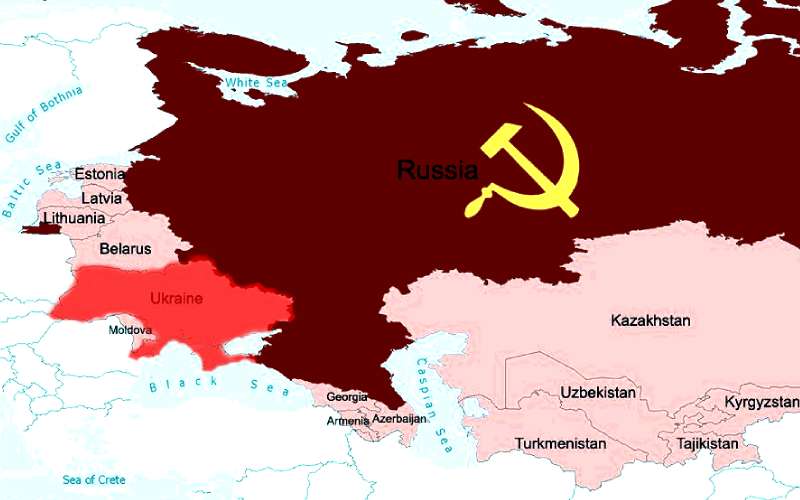×
The Standard e-Paper
Fearless, Trusted News

The defunct-Union of Soviet Socialist Republics (USSR). [Courtesy]
The genesis of the Russia-Ukraine conflict that has threatened global peace dates back to the famous Russian revolution of 1917 that brought the communist ideology into power through Vladimir Lenin and his band of "comrades".